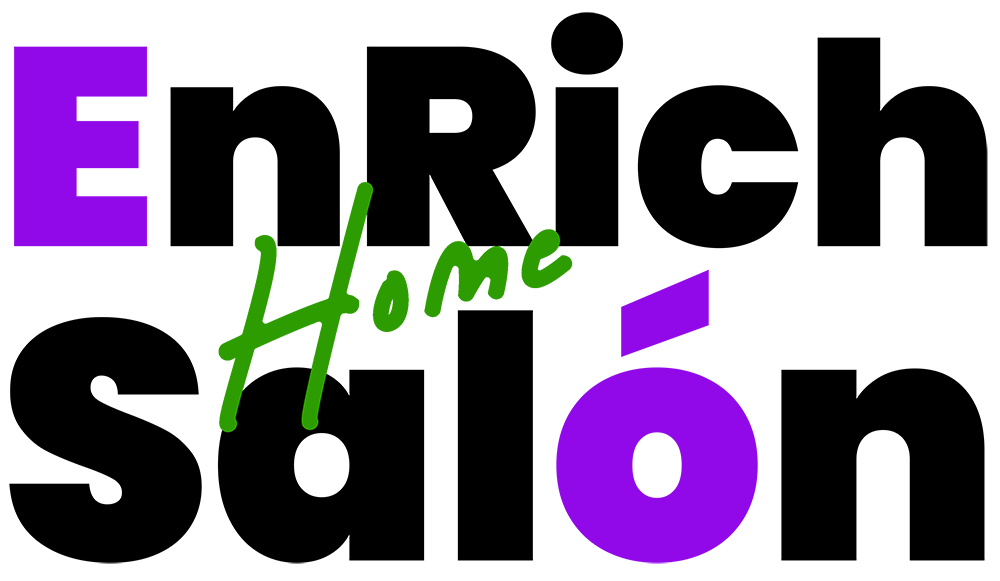Blog
How to Find the Right Vitamins & Supplements for Your Age
Not sure which vitamins and minerals to include in your diet? Here’s everything you need to know!
We all know that vitamins and minerals are essential for our body’s functioning. These nutrients help our body perform daily tasks, and without them, we wouldn’t be able to stay healthy. Our bodies need around 30 vitamins and minerals to keep us running smoothly. Since our bodies can’t produce these nutrients, we get them through a balanced, wholesome diet.
The Importance of Age-Appropriate Vitamins and Minerals
As important as vitamins and minerals are, it’s crucial to make sure we’re consuming the right amount, especially as we age. The vitamins and minerals needed by a young adult can differ greatly from those needed by someone in their 50s or older. Knowing what to take and in what quantities is important to avoid any risks.
Let’s break down the essential vitamins and minerals based on age:
For Babies and Toddlers:
Babies get most of their vitamins and minerals from breastfeeding or formula milk. After they turn six months, you can start adding other nutrients to their diet.
- Iron: Important for the bones and muscles. Found in meat, green veggies, beans, tofu, and infant cereals.
- Zinc: Supports overall health. You’ll find zinc in beef, lamb, shrimp, and yogurt.
- Vitamin C: Helps boost the immune system, and is found in citrus fruits and vegetables.
- Vitamin D: Essential for bone health. Infants should get 400 IU of vitamin D as a supplement from birth.
For Kids and Teenagers (Up to 19 Years):
As children grow, their bodies need a wide range of vitamins and minerals for proper development.
- Vitamin A: Important for eyesight, immune system, and skin health. Found in liver, milk, meat, and eggs.
- Vitamin B3: Helps convert food into energy. Found in meat, chicken, and fish.
- Vitamin C: Boosts immunity. Found in fruits and vegetables.
- Vitamin D: Supports bone and muscle health.
- Vitamin E: Good for skin and eye health. Found in sunflower seeds and canola oil.
- Folic Acid: Helps produce blood cells, found in green veggies, liver, and whole grains.
- Calcium: Strengthens bones and teeth, found in milk, yogurt, and cheese.
- Iodine: Important for tissue development. Found in seafood and some vegetables.
For Young Adults:
Once you’ve passed your growth stage, it’s time to focus on maintaining a balanced diet. While natural food is great, vitamin supplements can help fill any nutritional gaps. Multivitamins can be a helpful way to make sure you’re getting what your body needs.
For Middle-Aged Adults:
As we age, our bodies may need more of certain vitamins, while others, like iodine and magnesium, might need to be reduced, especially to manage things like high blood pressure.
For Adults Over 50:
At this age, the body’s nutritional needs shift. Certain vitamins are now more important to support metabolism and energy levels.
- Vitamin B12: Helps with energy and metabolism. Older adults should get it through fortified foods or supplements.
- Calcium: As bones weaken with age, calcium becomes essential. Milk and multivitamins are good sources.
- Vitamin D: Older adults often have low vitamin D levels, making it harder for the body to absorb calcium. It’s recommended that adults over 50 get 600 IU of vitamin D, and 800 IU for those over 70.
A Balanced Diet is the Key to Healthy Living
Choosing the right vitamins and minerals for your age is crucial for maintaining good health. But remember, the most important rule for every age group is a balanced, nutritious diet.
So, whether you’re a parent choosing supplements for your child, a young adult looking to maintain your health, or an older adult managing specific health concerns, make sure to pay attention to your body’s needs.
For more beauty and wellness tips, visit EnRich Home Salon Bhubaneswar, offering the best in-home beauty and wellness services like makeup, skincare, and haircare. Stay healthy and enjoy life!


 Bridal, Groom, Engagement, and Party Makeup—All in one place! Book now and enjoy flawless makeup using premium brands like Forever 52, Charmacy Milano, Krylon, and more. Whether it’s your wedding day, engagement, or any special event, we’ve got the perfect package for you. Limited-time early booking prices available!
Bridal, Groom, Engagement, and Party Makeup—All in one place! Book now and enjoy flawless makeup using premium brands like Forever 52, Charmacy Milano, Krylon, and more. Whether it’s your wedding day, engagement, or any special event, we’ve got the perfect package for you. Limited-time early booking prices available!